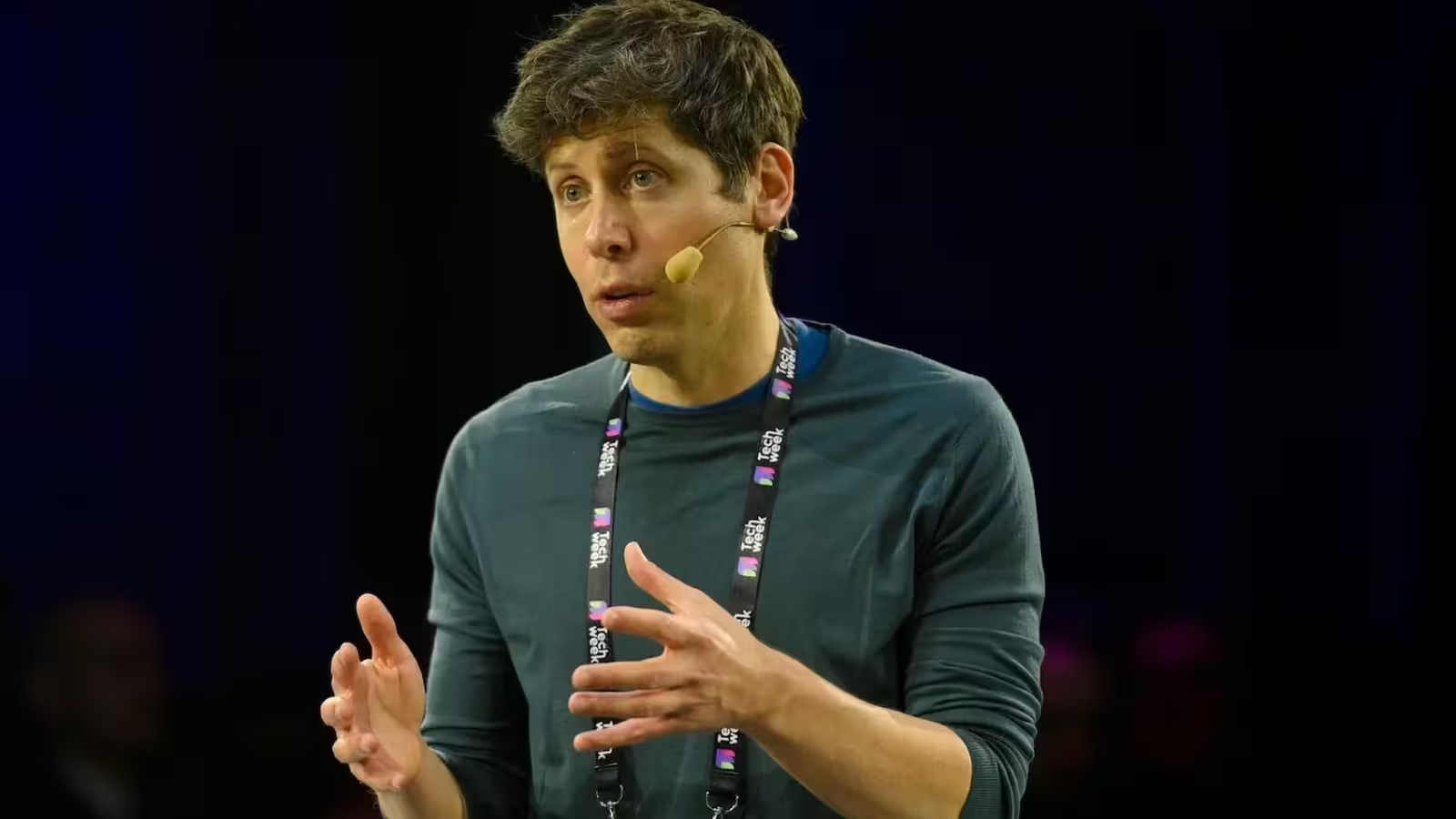5 Minutes
OpenAI Refocuses on Growth After Period of Turbulence
After enduring several weeks of organizational upheaval and high-profile talent losses, OpenAI—the powerhouse behind ChatGPT—has launched new initiatives to reassert its role at the forefront of the artificial intelligence revolution. Once undermined by a string of departures to rival tech giants, OpenAI is now striking back with key strategic hires and bold product development moves poised to redefine its position in the rapidly evolving AI landscape.
Addressing Talent Wars: Major Industry Players Trade Top AI Engineers
OpenAI's recent challenges began as Meta Platforms—parent to Facebook, Instagram, and WhatsApp—successfully enticed approximately a dozen of OpenAI's leading AI researchers. Promising lucrative compensation packages and increased autonomy, Meta has framed this as part of a broader race to achieve Artificial General Intelligence (AGI). These high-profile losses took a toll on morale at OpenAI, prompting the company to offer its workforce a week-long break to reset and recover.
But now, OpenAI is signaling a turnaround. According to Wired, the company has discreetly acquired four top-tier engineers from major competitors: David Lau, formerly Vice President of Software Engineering at Tesla; Uday Ruddarraju and Mike Dalton, both key players in Elon Musk’s xAI supercomputer project Colossus; and Angela Fan, a prominent AI researcher previously at Meta. These strategic hires reinforce OpenAI’s commitment to cultivating exceptional AI expertise and help balance the industry’s ongoing talent shuffle.
CEO Sam Altman Remains Optimistic
At the exclusive Allen & Company Sun Valley Conference, OpenAI CEO Sam Altman expressed confidence in his team and dismissed concerns over the recent departures: “We have an incredibly talented team, and I think they really love what they’re doing. There’s a lot of excitement in the industry.” Altman emphasized that, despite fierce competition and mobility within the sector, OpenAI remains laser-focused on innovation and progress.
OpenAI Gears Up for Product Innovation with Upcoming AI-Driven Browser
Looking to shift the industry narrative from crisis to creativity, OpenAI is reportedly close to launching its own AI-powered web browser—a move set to directly challenge Google Chrome’s dominance. As per Reuters, this upcoming product will deeply integrate Operator, OpenAI’s advanced AI agent for web browsing, offering users a drastically reimagined online experience.
Browser Features & Advantages
Rather than just directing users to third-party websites, OpenAI’s browser aims to centralize online interactions within ChatGPT, enabling richer, more intelligent navigation and search capabilities. By integrating natural language search, summarization, and interactive assistance, OpenAI is seeking not only to reshape internet use but also to collect valuable first-party user data—reducing reliance on platforms like Google and further refining its generative AI models.
Market Competition: OpenAI vs. Perplexity & Meta
The launch comes in the wake of Perplexity unveiling its own AI-native browser, Comet, on July 9. Designed for the modern web, Comet enables users to compare product deliveries, summarize content, explain complex topics, or generate original ideas—all directly within the browsing experience. These features underscore the growing expectation for AI to deliver actionable insights and tailored assistance in real time.
Meanwhile, OpenAI is set to release an open-source version of its advanced reasoning model as early as next week. This strategic move pits OpenAI directly against Meta, which has aggressively championed open-source AI projects to attract developer minds and strengthen its influence within the global tech community.
OpenAI at a Strategic Crossroads
The stakes for OpenAI have never been higher. Its once-unquestioned dominance in generative AI is now contested from multiple fronts: Meta’s aggressive talent acquisition, the rapid innovation of upstarts like Perplexity, and critical examination of OpenAI’s Microsoft partnership and internal governance. As these competitive forces intensify, OpenAI finds itself at a critical inflection point—poised either to reclaim its leadership or risk being overtaken in the race to define the future of artificial intelligence.
OpenAI has not commented on these developments at press time.



Comments